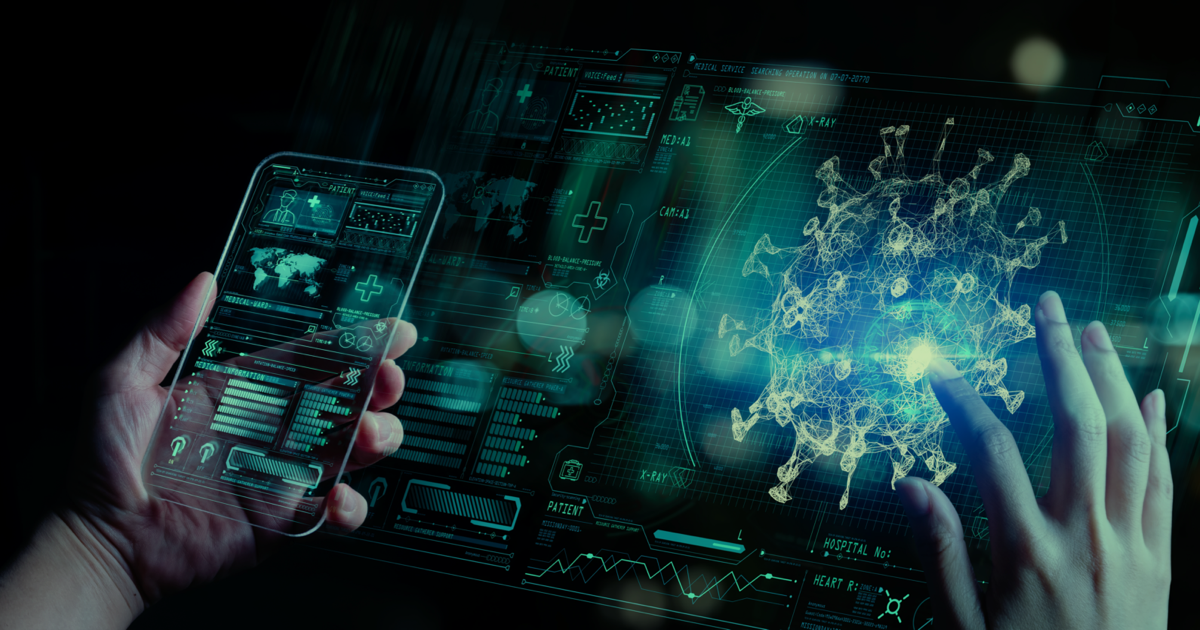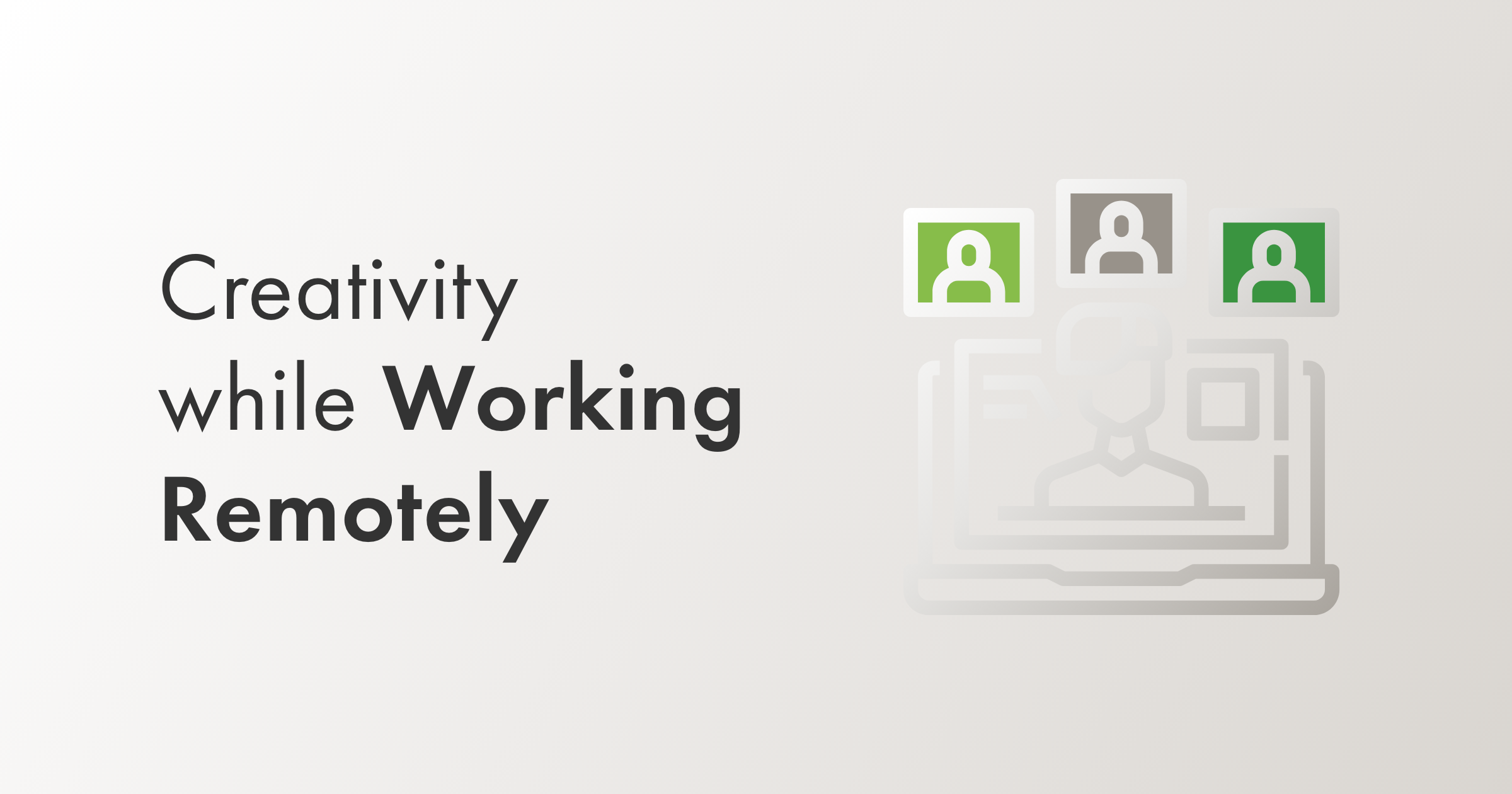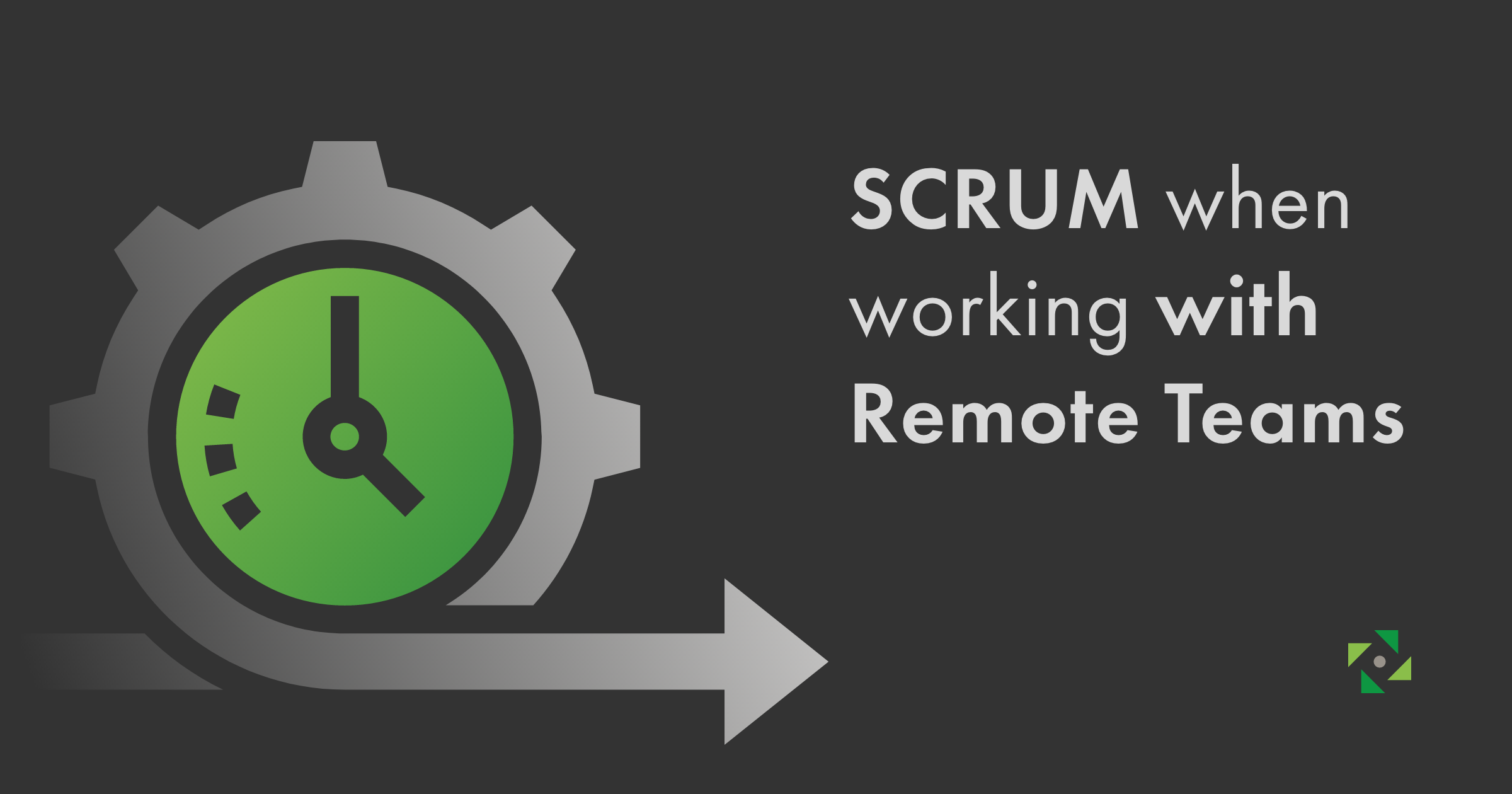The COVID 19 pandemic has, without any doubt, brought a lot of chaos and uncertainties into the world as we knew it. With countries, states, and even cities recording an increase in the number of infections and deaths every day. Hundreds of millions of people living through lockdowns around the globe with several other millions losing their jobs. The sudden shift of having to work and study from home also caught many by surprise.
Thanks to the mass of evolving technologies, most people quickly adopted the trend, and within no time, working from home has become the new norm.
There are, however, very many questions that remain unanswered. What scars will the pandemic leave behind? Will things ever return to normal? What is normal? How will we work and study amidst the pandemic in the future? Is the virus here to stay or things will get better? And so many more uncertainties.
In our article today, we will discover how COVID 19 has evolved the technical world and changed the way we work today and in the future. We will also find out how we can equip ourselves in preparation for the unknown events expected to occur in the future. Read through to find out this, and much more.
How has coronavirus impacted work?
COVID 19 has caused the future of work to arrive earlier than it had been predicted. Despite that, the technology required to facilitate remote work or working from home has been around for years, hundreds of millions of people, employees and employers were forced to join the virtual world, Virtual meetings, virtual offices, virtual classrooms and even virtual restaurants, whether prepared or not the virtual world is upon us. Below are the main aspects that covid 19 has had in respect to working life.
Freedom and flexibility:
Working from home comes with both of its joys and hassles at the same time. The flexibility, freedom, and convenience that come with remote working are some of the things that most employers and employees have had to enjoy for the past months since the virus kicked in.
Reduced working hours:
Some of the employees who were used to very long working hours have also had a reason to celebrate as they enjoy the freedom associated with working fewer hours and adjusting their schedules to meet family needs.
Family interactions:
As a result of the remote working schedule, family members enjoyed more of each other’s company. Before, members of the same household could barely interact due to the different work schedules; some worked the morning shift, others afternoon shift, and some worked in the night shift.
Disruptions:
On the other hand, some more disruptions and distractions come with working from home as compared to being in the office.
Anxiety and depression:
Considering that humans are social beings, the fact that people were restricted from interacting physically with friends and other colleagues led to increased cases of anxiety, depression, and grief in the past few months.
Threat to real estate and the City office as we once knew it:
The question must be asked and considered. As life has diversified and become normalised to home working, will companies invest in large real estate as they did prior to Covid 19? Do we need the mass influx of high rise offices? Companies and employees have accepted home working as the new norm. Will Universities and Colleges return to 100% Campus tuition or will higher education change in the long term. A lot to consider, however, how much will pend on the time frame of the global economic recovery.
How has coronavirus impacted the technical world?
The effects of COVID 19 have had technical developments witnessed all around the world. It has had a significant impact on the technology sector, caused a risk of inflation on products, affected the supply of raw materials, disrupted the electronics value chain, and so on. On a more positive note, the pandemic has amplified innovation to historic levels than previous years.
We seek to answer how COVID 19 has evolved the technical world and changed the way we work today and in the future? Based on my research, this is what I have ascertained.
Artificial Intelligence(AI) vs Humans:
Human-AI collaboration is already playing a massive role in the efforts to find, manufacture and supply the COVID 19 vaccine. The pandemic is bringing into existence new challenges and constraints that AI systems can help to overcome.
In the long-term, coronavirus will enable us to see human-Artificial Intelligence collaboration, potentially having the ability to ease the health risks associated with human interaction.
Thus, if businesses and organizations invest in AI and other support tools and enable true Human-AI partnership, people will experience technology in the best way possible. This could open new opportunities and possibilities for enterprises to reimagine their workforce in the future.
Robots in charge:
It is clear and evident that robots have become closer to us now more than ever. It is safe to categorize them as part of the frontline workers amidst the pandemic. This can be attributed to the fact that they are joining the frontline workers to fight the pandemic.
The pandemic has helped us to see robots in their best light. Most certainly, the impact that they have had will not be forgotten. The pandemic is at a fast rate strengthening the case for automation and robotics.
In the long term, 5G, Robots, and IoT devices will have a similar relationship; this is because the increased use of robots will need faster data transfer rates.
Digital experiences
Undoubtedly, coronavirus has transformed the importance and role of digital experience in people’s lives. If businesses want to thrive, they need to make dexterous engagement strategies now and in the future. Companies need to find a way to rapidly update their understanding of what individuals want and need while getting rid of information that is no longer required.
Long-term, the need for more digital communities and experiences will continue to increase as enterprises and businesses seek substitutes for person-to-person interactions after the pandemic. Those that work on this now will enjoy success in the future.
Working in the future
So many questions arise from this. What will the world look like post-pandemic? As we emerge from this crisis, what actions should we take to ensure we stay afloat?
The future of work arrived faster but has come along with some challenges such as;
• worker vulnerability,
• income polarization,
• the need for workers to adapt to new occupational transitions,
• as well as more gig work.
The realities of this crisis have brought to light, the reconsideration of certain beliefs. Some of these beliefs may have possible effects on the long-term choices for the economy and society.
As we embrace the new way of life and usher in the future, we will most certainly witness better technological developments. Collective bargaining, labour market regulation, and wage policy can revive demand and income and end business models that allow companies to take zero responsibility for their workers.
The pandemic will leave a lasting imprint on the world’s economy, cause permanent changes and leave people with important lessons. Remote work will become more common with research having that; it is as productive as working from the office.
As a result of the development and expansions in e-commerce, most companies and businesses might significantly impact human labour as most of the production will most likely be automated. There will be increased online teaching, telemedicine, fintech, and video conferencing.
Regulation of labour markets can help ensure that jobs are of standard quality. Collective bargaining will also play an important role.
Bottom Line
There has been an evident organizational and societal shift as a result of the covid 19 pandemic. This article has tried to answer how COVID 19 has evolved the technical world and changed the way we work today and in the future. However, despite the future of work being clearly defined and redesigned to cater to the uncertainties, there are still areas that need scrutiny and development of sustainability strategies, they include;
• Will work from home encourage gender equality, inclusivity and diversity?
• What is the fate of workers who cannot work remotely?
• Will all employees have influence and voice in their workplaces?
• How do we create more sustainable models of work?
How covid 19 has evolved the technical world and changed the way we work today and in the future is a broad subject that needs all stakeholders and governments’ intervention. This is the basis of economic recovery.
Sources:
www.bbc.com
www.imd.org
www.weforum.org
news.un.org
www.ilo.org
www.forbes.com



